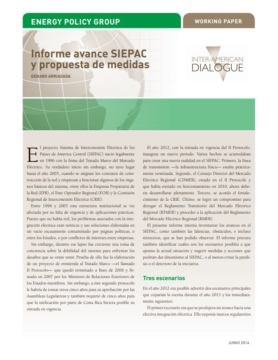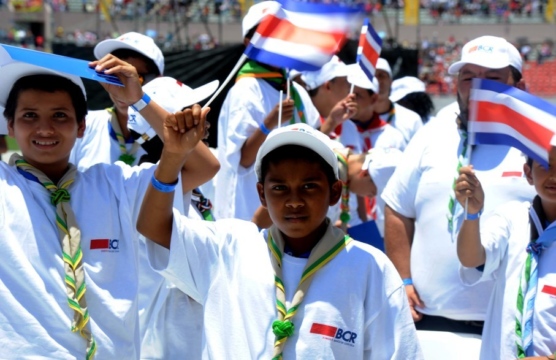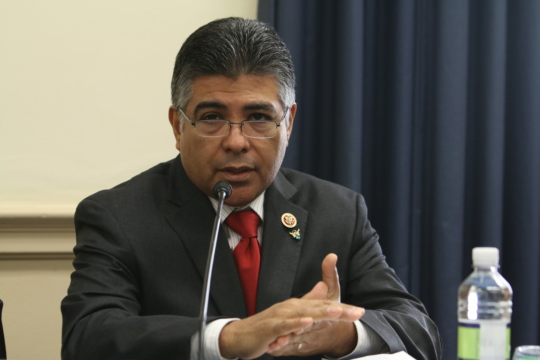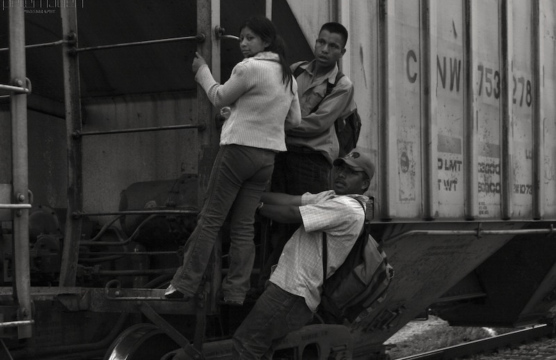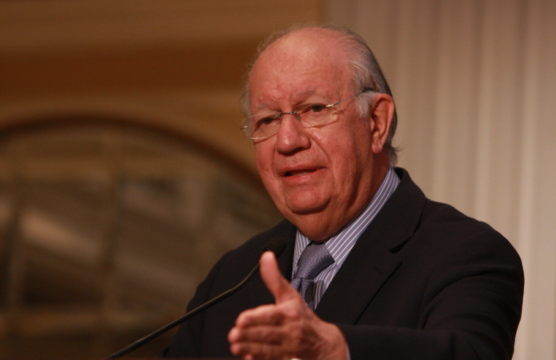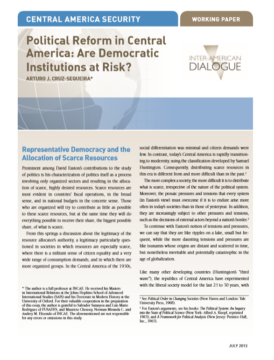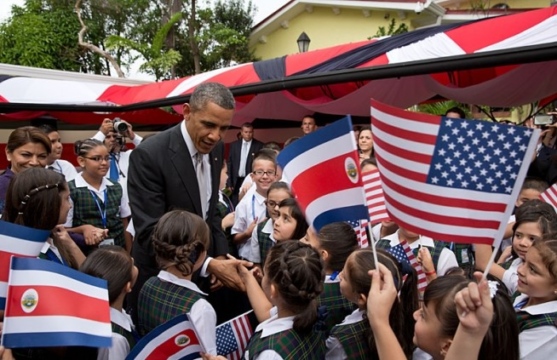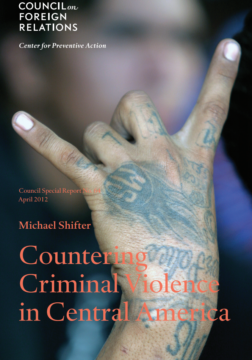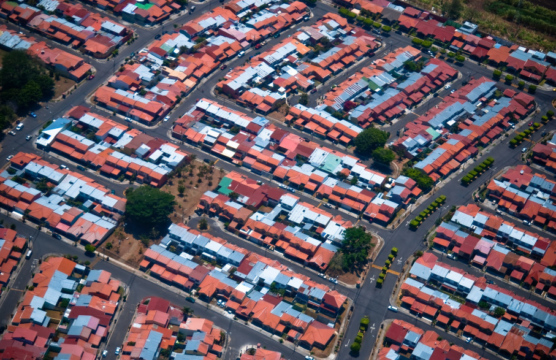
Foreign Investment a Top Priority: Solís
Attracting foreign investment to grow the economy is a top priority for Costa Rica’s new government, President Luis Guillermo Solís said at the Dialogue.
Attracting foreign investment to grow the economy is a top priority for Costa Rica’s new government, President Luis Guillermo Solís said at the Dialogue.
El estudio analiza los avances del proyecto Sistema de Interconexión Eléctrica de los Países de América Central (SIEPAC) y enumera los obstáculos que a la fecha impiden su exitosa implementación. El autor aborda los desafíos tanto políticos como económicos que enfrentan los países centroamericanos y proponen un plan de acción que incluye medidas para facilitar la coordinación internacional, fortalecer a las instituciones que encabezan el desarrollo y operación de la matriz eléctrica regional, y crear un marco seguro para el surgimiento de nuevos contratos de largo plazo.
What types of policy changes can be expected from the administration of Luis Guillermo Solís?
On February 28, 2014, the Inter-American Dialogue organized a Capitol Hill conference on pressing issues in Central America and Mexico.
The success of the Citizens’ Action Party (PAC) candidate, Luis Guillermo Solis, in Costa Rica’s first round president elections took analysts by surprise.
Este informe se inscribe en el marco de las actividades del Capítulo Centroamérica y República Dominicana del GT sobre Desarrollo de la Profesión Docente del PREAL y sirvió como insumo a un debate más amplio impulsado en coordinación con la Oficina Regional de Educación para América Latina y el Caribe…
Despite the economic importance of migration, Central American governments have lacked integral policies to leverage migration for development.
Latin America inequality gap, economic integration, and infrastructure and education systems were among the issues spotlighted at the XVII Annual CAF Conference.
In this working paper, Arturo J. Cruz-Sequeira, offers a fresh and original assessment of the state of democratic governance in five Central American nations: Nicaragua, Costa Rica, Honduras, El Salvador, and Guatemala. Using economic and political data, Cruz shows how the interplay between each country’s civil society, political society, and government shapes its democratic development in the context of intensified citizen demands coupled with diminished US assistance.
Precisely one year after Obama traveled to Colombia, Obama sets his sights south once again, visiting Mexico and Costa Rica.
Violent crime in Central America, particularly in the “northern triangle,” is reaching breathtaking levels.
Members of Congress met with policy experts and government officials to discuss violence and crime in the region.
Will Central American governments spend the money effectively? Do the countries in the isthmus have a good plan to fight the drug cartels?
Buscando ofrecer acceso a la educación a la niñez trabajadora y, por esta vía, reducir también el trabajo infantil, se han desarrollado diversas experiencias en Centroamérica. PREAL destaca aquí algunas de las que han sido documentadas por parte del proyecto Primero Aprendo que se desarrolla con apoyo del Departamento de…
A partir de la inclusión de un módulo sobre trabajo infantil en la Encuesta de Hogares de Propósitos Múltiples (EHPM) en el 2002, Costa Rica contó por primera vez con información de primera mano sobre niños y adolescentes trabajadores y se pudo conocer sus características socioeconómicas, las actividades laborales en las que participan, sus condiciones de trabajo, por qué…
